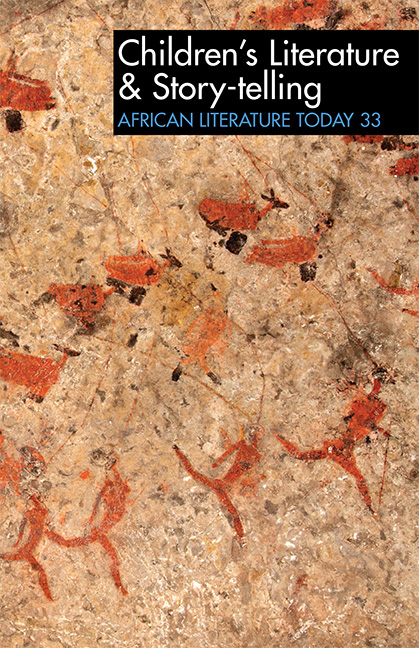Maik Nwosu and Obiwu, eds, The Critical Imagination in African Literature: Essays in Honor of MJC Echeruo
Published online by Cambridge University Press: 22 May 2021
Summary
The Critical Imagination in African Literature: Essays in Honor of Michael J.C. Echeruo is a handsome book, but that is not what makes it stand out among the roll of this year's publications on African literature. It is that it is an apt book in honor of one of the most distinguished figures in modern African literature, Michael J.C. Echeruo. It is the culmination, or perhaps in fact, the result of the valedictory symposium held by the English department, Syracuse University, New York, in honor of Echeruo on his retirement from the academy after fifty years of productive and stellar scholarship. Michael Echeruo began his academic career at the University of Nigeria, Nsukka, on the foundation faculty of English when it opened in those early and hopeful years of Nigeria's independence from Britain. He went to Cornell from 1962 to 1965, where he earned his PhD in English and American literatures, on the strength of his dissertation, ‘Joyce Cary: Dimensions of Order’, work which represents what Chukwuma Azuonye has described as the ‘Africanist tilt of the occidentalist focus’of Echeruo's early scholarship. He returned to Nsukka in 1965, to resume his job as a lecturer in English, teaching Elizabethan and Jacobean Drama. With the civil war in Nigeria between 1967 and 1970, Echeruo took the side of the Easterners, and worked in the war bureaucracy as the Director of War Information for the secessionist state of Biafra, enmeshed in what for most Igbo like him was a war of survival against a federal onslaught that sacked Nsukka in August 1967, and literally uprooted Echeruo and his fellow university men till the end of the war in 1970. At the end of the civil war, Echeruo returned to the University of Nigeria as Senior Lecturer and Head of English, and was later appointed Professor and Dean of Arts, until he left for the University of Ibadan in 1974, to assume the chair of English, and Dean of the Arts and later Dean of the Postgraduate school. Echeruo thus became the first Nigerian chair of English in two of its oldest universities, until he left Ibadan in 1980, to become the foundation President/Vice-Chancellor of the new Imo state University, from 1980 to 1988.
- Type
- Chapter
- Information
- ALT 33 Children's Literature & Story-tellingAfrican Literature Today, pp. 205 - 209Publisher: Boydell & BrewerPrint publication year: 2015



